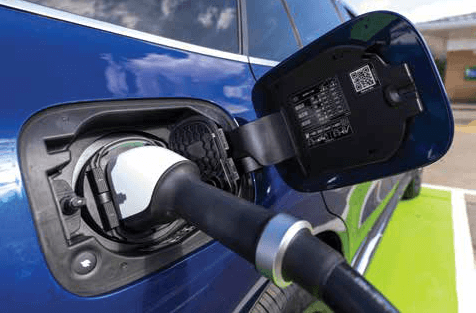Smooth moves in the new world of electric vehicles.
Electric Vehicles (EVs) may not be the new kid on the block anymore, but as the automotive industry increasingly focuses on the development of hybrid and fully electric vehicles, consumers too are standing up and taking notice.
Based on the latest outlook from the International Energy Agency, it’s anticipated that by 2040 there may be as many as 280 million EVs on the road which brings with it a host of new challenges for manufacturers, mechanics, and consumers alike.
While not requiring engine oil in a traditional sense, EVs do require a range of fluids to operate effectively. As the engineering in electric vehicles evolves it is creating new technical challenges in the rapidly evolving area of transmission fluids, battery coolants and greases
“Many hybrid and electric vehicles need different transmission fluids because electrical components, such as electric motors, are in contact with the lubricant and the transmission oil is operating at higher temperatures,” explains Matthias Donner, Castrol’s Global Driveline Product Development Manager. “In addition, the engines run at a much higher revolution which increases stresses on the oil, the torque on gears and bearings is higher and the oil needs to be compatible with components which conduct electricity.”
As a world-leader in lubricants, and a partner of many of the world’s leading OEMs, Castrol is at the forefront of developments in the “e-fluid” space.
By working closely with vehicle and component manufactures, Castrol is able to identify and solve the emerging engineering problems of EVs to make these vehicles more efficient and increase their range.
Examples Include:
- Building the efficiency of the electrical motor and reducing the risk of breakdowns by optimising the electrical properties of the gear oil
- Preventing corrosion of electrical components through good protection of copper parts
- Improving the cooling capabilities of the electrical engine to prevent overheating
“The rapid pace of development with the emergence of hybrid and electric cars means we need to work fast to find solutions,” admits Mr Donner, “I find it very rewarding to be at the forefront of the engineering technology which is shaping the future of transport.”



